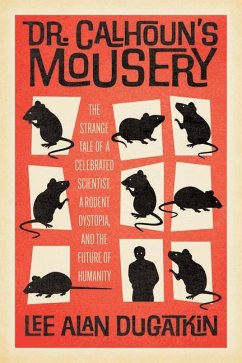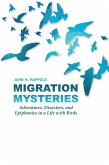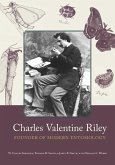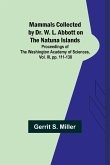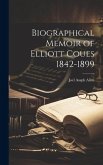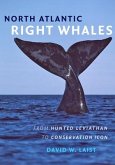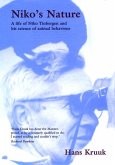"It was the strangest of experiments. What began as a utopian environment, where mice had sumptuous accommodations, all the food and water they could want, and were free from disease and predation, turned into a mouse hell. Science writer and animal behaviorist Lee Alan Dugatkin reintroduces readers to the bizarre and compelling work of rodent researcher John Bumpass Calhoun. In this enthralling tale of Calhoun and his work, Dugatkin shows how an ecologist-turned-psychologist-turned-futurist became a science rock star embedded in the culture of the 1960s and 1970s, courted by city planners, written about in everything from Tom Wolfe's hard-hitting novels to the children's book Mrs. Frisby and the Rats of NIMH, invited to meetings with the Royal Society and the Pope, and taken seriously when he proposed a worldwide cybernetic brain. Readers see how Calhoun's experiments-rodent apartment complexes like "Mouse Universe 25"-led to his concept of "behavioral sinks" with real effects on public policy discussions of his day. Overpopulation in Calhoun's mouse complexes led to loss of sex drive, absence of maternal care, and a population of automatons, in Calhoun's words, "capable only of the most simple behaviors compatible with physiological survival." Calhoun-and the others who followed his work-saw this mouse population collapse as a harbinger for an overpopulated human world. Calhoun saw future rodent experiments on culture and cooperation as one solution. Including previously unpublished archival research and informed by interviews with Calhoun's family and former colleagues, Dugatkin offers a probing, fast-moving account of an intriguing scientific figure and in so doing, examines the changing nature of scientific research and the lasting impact of Dr. Calhoun's mousery"--

